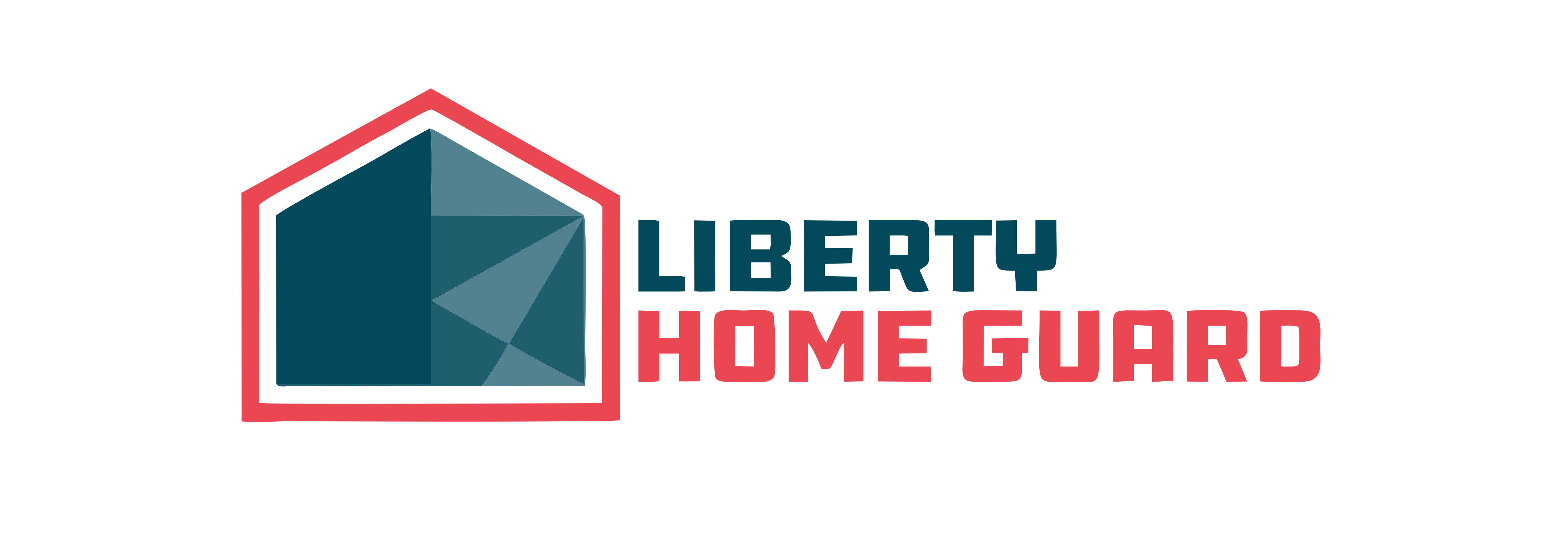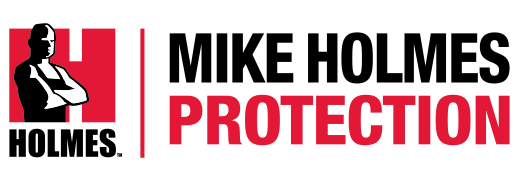Is A Home Warranty Right for You?
Understanding Minnesota Home Vulnerabilities
Minnesota homes face many challenges. Cold temperatures can damage heating systems. Heavy snowfall burdens roofs and gutters. Freeze-thaw cycles can weaken pipes. Many homes are built to last, but aging systems may fail.
Minor repairs can become significant expenses. A home warranty helps cover these unexpected costs. Short repairs can disrupt daily life. Homeowners need a plan that provides financial relief.
A warranty plan reduces the risk of expensive out-of-pocket repairs and offers security and confidence. Professionals handle each repair request. Fast response times are crucial during the winter months, and a warranty plan ensures you are not left waiting during emergencies.
Comparing Coverage Options and Flexibility
Coverage plans differ. Some providers cover more systems than others. Evaluate each plan carefully. Look at what is included and what is excluded. Consider your home’s specific needs. Minnesota climates demand extra attention to heating and plumbing. Compare monthly premiums and service fees.
Check if there are add-on options. A customizable plan is beneficial because it allows you to adjust coverage as your needs change. Read customer reviews. Understand the claim process. Short sentences can explain complex policies. Clear information is critical. The right plan gives peace of mind during winter storms and freezing nights.
Assessing Your Home’s Age and Condition
Older homes often require more maintenance, and Minnesota’s extreme weather can strain old systems. Evaluate the age of your HVAC and plumbing and consider the likelihood of repair needs. A home warranty is helpful if your systems are aging. It covers unexpected breakdowns.
It is not a substitute for routine maintenance. Instead, it supports your regular upkeep. Factor in the cost of repairs without a warranty. Compare that with the price of the monthly premium. A warranty plan can save you money in the long run. It is a financial safety net. Even newer homes benefit from the extra protection.
Making an Informed Decision
Consider your lifestyle and budget. Think about the unexpected repair costs. Winter storms can lead to urgent repairs. Emergency service calls can be expensive. A home warranty offers fixed costs. This predictability is valuable. It helps in planning your monthly budget. Do your research. Read the fine print.
Ask questions about coverage limits and understand how the claim process works. An informed decision will help you select a plan that fits your needs. Homeowners feel more secure knowing they have a backup plan. In Minnesota, where winter can be unpredictable, this decision is crucial.
Is A Home Warranty Worth the Cost In Minnesota?
Financial Benefits and Risk Management
A home warranty can protect you from high repair bills. Minnesota winters can be brutal, and heating systems and plumbing often fail during extreme cold. The upfront cost of a warranty is usually lower than the expense of multiple repairs.
Fixed monthly premiums allow you to budget better. A warranty plan acts like an insurance policy. It minimizes unexpected costs. The peace of mind it offers is priceless. Every repair call is handled at a predictable cost. This risk management helps you avoid financial stress.
Evaluating Cost Versus Savings
When you compare repair costs with monthly premiums, a warranty can pay for itself. For example, if a heating system repair costs several hundred dollars, a $60 monthly premium is a bargain. Many homeowners in Minnesota have faced emergency repairs that far exceed the warranty cost. The savings can be significant over a season.
Evaluate the average price of repairs in your area. Look at customer case studies. Compare these to the cost of the warranty plan. A thorough cost-benefit analysis shows the value of protection during winter months.
Customer Experiences and Service Efficiency
Homeowners report that warranty companies respond quickly. Fast service is critical during a Minnesota blizzard. When systems fail in the middle of winter, time is of the essence. Reliable service reduces downtime and discomfort.
Customer testimonials reveal satisfaction with speedy repairs. Efficient claims processing is a significant benefit. This efficiency is worth the monthly expense. Homeowners can sleep better at night knowing help is available. The financial and emotional benefits make the warranty cost worthwhile.
Long-Term Protection and Peace of Mind
Beyond immediate repairs, a warranty protects your home in the long run. Regular maintenance and prompt repairs extend the life of your systems. This long-term protection is invaluable in Minnesota, where weather extremes accelerate wear and tear.
The stability offered by a warranty plan builds confidence. It allows you to plan for the future without worrying about unexpected breakdowns. This comprehensive protection justifies the cost over time.
Who Oversees Home Warranty Companies in Minnesota?
State Regulatory Bodies and Licensing
In Minnesota, regulatory agencies monitor warranty companies. State bodies require licensing for all providers. Regular inspections ensure companies follow strict standards. Licensing protects consumers from unfair practices.
Providers must meet transparency requirements. This oversight ensures that policies are clear and claims are handled correctly. Regulations are designed to build trust in the industry, and homeowners benefit from knowing there is accountability.
Consumer Protection Laws in Minnesota
Minnesota has strong consumer protection laws. These laws safeguard policyholders, ensure that warranty companies honor their contracts, and allow consumers to file complaints if services are delayed.
Protection measures cover billing practices and claim denials. Such laws create a fair marketplace. Homeowners have legal recourse if issues arise. This regulatory environment increases confidence in warranty plans. It ensures that companies operate ethically.
Industry Self-Regulation and Standards
Many warranty providers join industry associations. These groups promote best practices and offer training to service technicians. Self-regulation complements state oversight. Standards are set to maintain high-quality service.
This collaboration improves the industry’s overall reputation. Providers must follow guidelines that ensure fairness and transparency. Homeowners can rely on these standards when choosing a plan.
Ensuring Transparency and Accountability
Regulatory agencies enforce whole disclosure policies. Companies must provide clear information on coverage and fees. Independent audits verify that policies meet state standards. Transparency in pricing and claim procedures is crucial.
Homeowners can review these details before committing. This accountability builds trust. When service issues occur, there are established procedures for resolution. The regulatory framework ensures that warranty companies remain responsible to their customers.












